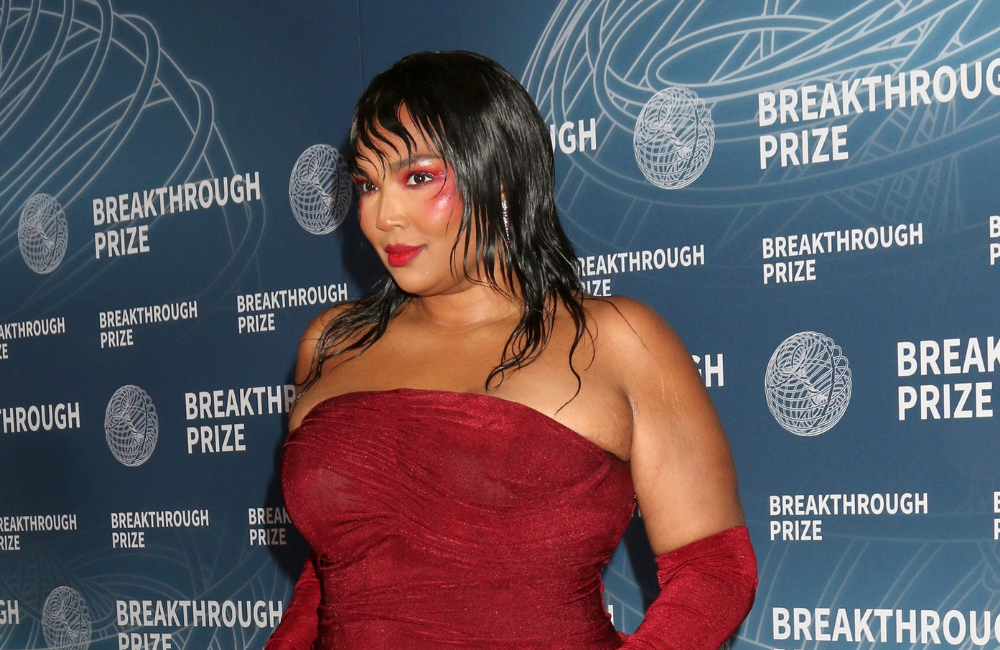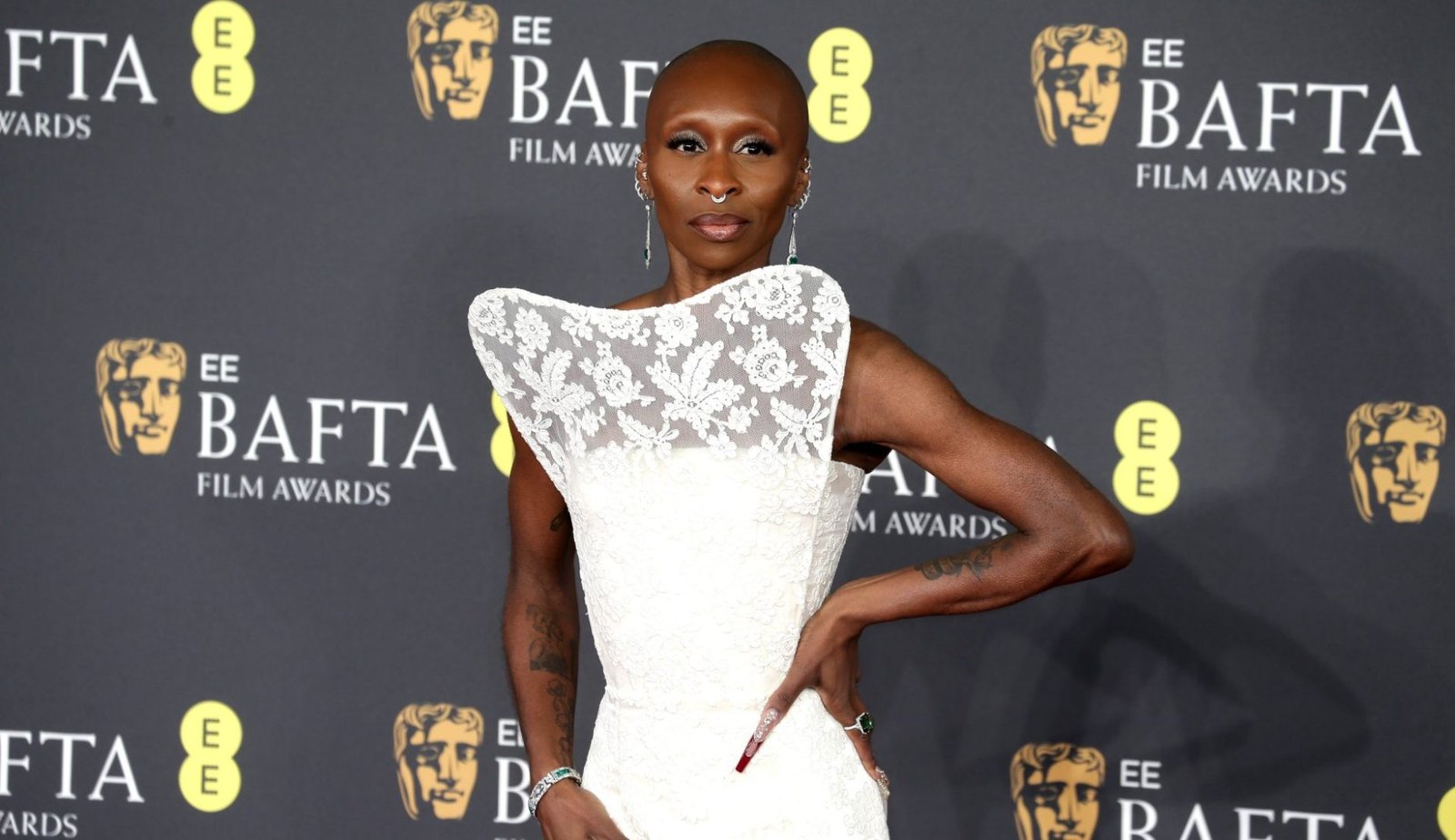The body positivity movement is facing an unexpected crisis, and Lizzo is refusing to stay silent about it. In a raw and revealing essay published on her Substack, the 37-year-old artist confronted what she sees as a dangerous pattern sweeping through fashion, entertainment and social media. The widespread embrace of weight-loss medications, she argues, is systematically erasing plus-size representation from public view.
Her essay posed a provocative question in its title: “Why is everybody losing weight and what do we do? Sincerely, a person who’s lost weight.” The musician didn’t hold back, describing how extended sizing options are vanishing from retail websites while plus-size models watch their careers evaporate. Meanwhile, prominent figures who once championed body diversity are quietly shrinking away.
A disappearing movement
Lizzo identifies herself proudly as a big girl, weighing more than 200 pounds, and insists she loves herself regardless of what the scale reads. But her personal confidence can’t mask the troubling reality unfolding around her. The timing of this shift, she believes, directly correlates with what she calls the Ozempic boom.
The Good as Hell singer isn’t just worried about fashion trends or modeling opportunities. She’s watching an entire community lose its voice in mainstream spaces. Extended sizes are disappearing as if by magic. Plus-size models are getting passed over for gigs. The visibility that took years to build is crumbling in months.
What makes this particularly frustrating for Lizzo is the sense of betrayal. She suspects some people embraced body positivity not out of genuine belief but for professional gain. When the cultural winds shifted, these fair-weather advocates simply moved on to the next marketable cause. While she acknowledges this reality without bitterness, she’s determined not to let opportunists define the movement’s legacy.
The weight of perception
The artist opened up about her own complicated journey with weight and public perception. Her decision to lose weight wasn’t purely about health or aesthetics. She was exhausted by having her size overshadow everything else about her identity. People couldn’t see her musical talent because they were too fixated on accusing her of making her body her entire personality.
This put Lizzo in an impossible position. As a Black woman in a larger body, she found herself battling specific stereotypes that other performers never have to consider. She felt compelled to present herself in hypersexual terms to avoid being reduced to desexualized, matronly tropes. It was a defensive strategy born from necessity, not authentic self-expression.
The reality nobody wants to discuss, she wrote, is that bigger women are getting smaller because they’re tired of constant judgment. That fatigue represents something more significant than individual choice. It signals a cultural moment where conformity is winning out over diversity, where pharmaceutical solutions are replacing acceptance.
Reclaiming the conversation
Despite her concerns, Lizzo isn’t giving up on body positivity. She acknowledged having work to do in regaining the trust of a movement that gave her wings, and she’s ready to put in that effort. Her vision involves steering the conversation away from what she dismissively terms commercial slop, the watered-down corporate version of body acceptance that prioritizes profit over principle.
The path forward, as Lizzo sees it, requires continued dialogue and mutual accountability. She wants people to release themselves from thinking in rigid binaries of good and bad, and to reintroduce nuance into discussions that have become frustratingly oversimplified. Movements move, she reminded readers. Stagnation serves no one.
She called for expanding body positivity beyond its current commercial constraints, allowing it to grow and evolve organically. The work ahead involves undoing the effects of the Ozempic boom and rebuilding a framework where diverse bodies aren’t just tolerated but genuinely celebrated.
What gets lost
Lizzo‘s essay raises uncomfortable questions about this cultural moment. When weight-loss drugs become normalized and widely accessible, who gets left behind? What happens to representation when conformity becomes easier than advocacy? And whose interests are really served when plus-size voices systematically disappear from public consciousness?
The singer’s observations hit at something deeper than individual choices about bodies. They expose how systems of judgment operate, how market forces shape representation, and how quickly hard-won progress can dissolve when the next trend arrives. Her frustration is rooted in watching a community she helped build lose ground in real time.
As she put it plainly, this era has bigger girls getting smaller because they’re tired of being judged. That exhaustion isn’t liberation. It’s surrender dressed up as personal choice. And Lizzo is challenging everyone invested in body positivity to recognize the difference and fight back against erasure.










